Don’t mess with the real drivers of employee performance.
Is Big Brother a new hire at your company? More and more organizations are using technology to track and enhance employee productivity.
It’s no longer just for assembly line workers. Many white-collar employers are joining the data-driven micro-managing trend. Even professionals on the soft-skills end of the spectrum are subject to this. A hospice chaplain featured in this New York Times piece said her boss requires accrual of “points” for different work activities, like visits to dying patients (1 point and up), attending funerals (1.75 points), and phone calls to grieving families (.25 point).
It’s hard to imagine that inhibiting the freedom and decision-making of a chaplain serves the people in her care. Her performance is actually harmed by the performance tracking. That’s a common complaint; employees say that these measures don’t capture or promote what the organization really wants them to do. Moreover, the experience of being tracked, watched, and judged inhibits their work.
But what are the ultimate downsides for the organization?
Employee resignations? Maybe, like Elon Musk and Mark Zuckerberg, your company leadership feels like that’s ok. Zuckerberg recently turned up the pressure on his Meta employees, virtually daring them to quit. “Realistically, there are probably a bunch of people at the company who shouldn’t be here. And part of my hope by … turning up the heat a little bit, is that I think some of you might just say that this place isn’t for you. And that self-selection is okay with me.” Musk says if Tesla employees don’t meet his new work standards, a minimum of 40 hours per week of in-office performance, “They should pretend to work somewhere else.”
Other than quitting, what’s an over-pressured worker to do? For some, it’s called “quiet quitting.”
The “quitting” part is misleading. It’s not quitting; more like coasting. People are recalculating what they owe their employer and doing the minimum to keep their jobs, focusing the extra time and energy on activities that give them more value. This is certainly not a new idea; it just has a new name and new momentum.
But won’t the productivity monitoring prevent “quiet coasting?” Probably not. Never underestimate the human capacity for workarounds. As the NYT article explains:
As these practices have spread, so has resistance to what labor advocates call one of the most significant expansions of employer power in generations. TikTok videos offer tips on outsmarting the systems, including with a “mouse jiggler,” a device that creates the appearance of activity. (One popular model is called Liberty.) Some of the most closely monitored employees in the country have become some of the most restive — warehouse workers attempting to unionize, truckers forming protest convoys.
The more powerful downside is the opportunity cost. Organizations using these draconian methods don’t seem to understand the human mind. They are undermining some powerful drivers of employee performance and retention.
- Control is a basic human desire. Giving people control lowers anxiety and unleashes all kinds of potential. Taking away control through onerous performance monitoring does the opposite – it reduces employees to the activities being monitored. It takes away their autonomy and limits what the organization stands to gain from them.
- Trust fulfills the human need for safety. This is really basic brain stuff. Without safety, we can’t perform properly; too much energy is diverted to finding the safety we crave. When employees don’t trust a leader or an organization, they don’t feel safe. Over-monitoring and over-measuring tell employees, ”We don’t trust you to do the right thing.” And, because trust is a balanced equation, this destroys the trust of employees for the employer. This directly undermines productivity. The Speed of Trust Summary (Stephen M.R. Covey) | Bloomsoup
- Intrinsic motivation is a natural desire to do something; extrinsic motivation is doing something because you have to or you’re forced to. Intrinsic motivation is the holy grail of employee performance. It doesn’t happen often, but when it does, everyone wins. An intrinsically motivated employee is driven by internal rewards like challenge, curiosity, problem-solving, and altruism. Intrinsically motivated people are enthusiastic, engaged, and rise to new levels of performance because they love what they do. Moreover, intrinsic motivation lasts longer to sustain performance. The problem: extrinsic motivators like micromanaging snuff out that momentum. https://www.sciencedirect.com/science/article/abs/pii/S0167487004001035
So we come down on the “no” side of the over-monitoring trend. Employers, just stop it. Do the better, harder thing. Tap into the potential of employees with the freedom to be great contributors.




